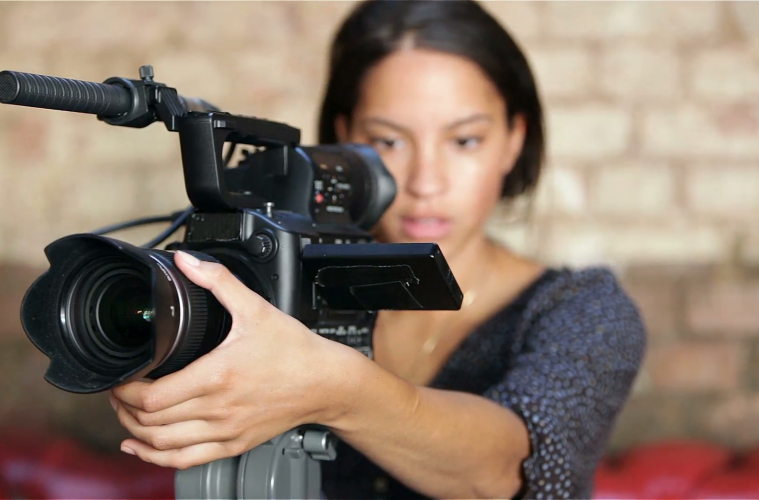- It can shape societal perceptions, reinforce norms, and influence cultural attitudes.
In the battle against gender stereotyping, the media holds a dual role as both an ally and an adversary.
It can shape societal perceptions, reinforce norms, and influence cultural attitudes.
To confront the persistent challenge of gender stereotyping, it is crucial to recognize and harness the transformative potential of media in dismantling outdated paradigms and fostering a more equitable world.
Media platforms can reshape traditional gender roles and amplify the voices of historically marginalized groups.
By portraying strong, multifaceted female characters and breaking away from one-dimensional depictions, media can subvert stereotypes and contribute to a more nuanced understanding of gender.
Read More
Representation matters, and by actively promoting diversity, the media can challenge societal perceptions and foster inclusivity.
Storytelling in various forms, such as film, television, literature, and advertising, plays a pivotal role in shaping societal norms.
Media creators have the opportunity to craft narratives that challenge gender norms and influence public perception.
Positive portrayals of women in leadership roles, non-traditional career paths, and multifaceted relationships can contribute to dismantling preconceived notions and encouraging broader acceptance of diverse identities.
By depicting a range of gender expressions and experiences, media can inspire viewers to question and redefine societal expectations.
Media literacy programs are instrumental in curbing gender stereotyping. Individuals become more discerning consumers by empowering audiences to analyze and deconstruct media messages critically.
Education about the impact of stereotypes in media enables viewers to question and resist harmful narratives, fostering a more informed and inclusive society.
By equipping individuals with the tools to challenge gender stereotypes, media literacy programs contribute to a cultural shift towards greater equality.
Advertising, a pervasive force in shaping cultural attitudes, has the potential to challenge gender stereotypes.
Advertisers can break traditional gender roles and embrace diversity in their messaging. By featuring inclusive and empowering campaigns, advertisers can contribute to a cultural shift that rejects limiting stereotypes and celebrates the richness of human identity.
Through thoughtful and progressive advertising, the industry can redefine societal beauty standards, gender norms, and traditional family dynamics.




-1772102940-md.jpg)


-1772090413-1772095461-md.jpg)


-1772102940-sm.jpg)

